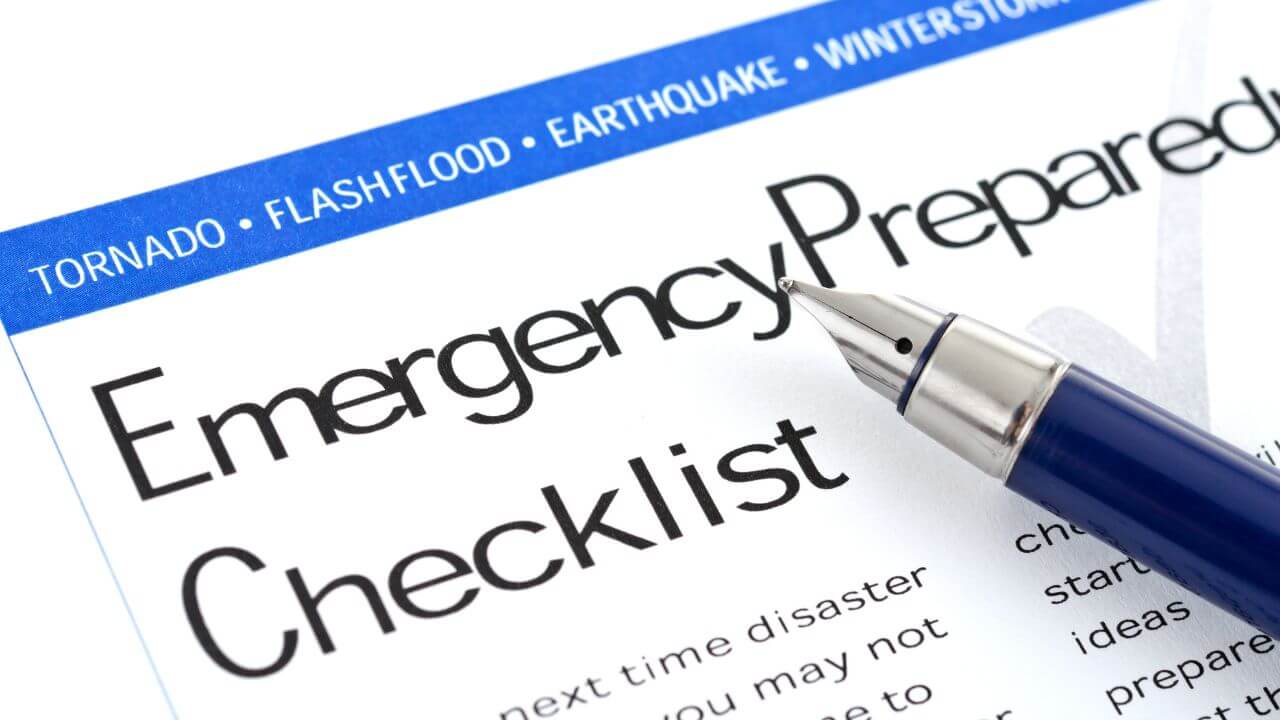I just received an email update from one of my event vendors; it’s not a significant thing on a typical day, but for them, it is an atrocious day. They are experiencing a significant power outage at two facilities in the Western Suburbs of Chicago. Their phones are out, their email is down, they cannot process orders……the whole shebang.
The email details their situation, what they are doing, and that they are still on the ball even though they are not at 100% capacity. The email goes on to detail all of the cell phone numbers for anyone that you may need to contact.
This is the power of thinking ahead. This email was not on a whim, someone put forethought into it and had it ready to go in case of a situation like this.
What are you doing to reach attendees during a major power outage, storm, or disaster? At a moment’s notice, are you prepared to send emails or text messages that inform them not to head to the convention center? Do you have a plan in case there needs to be an evacuation? Are you ready for the storm on the horizon?
What if they need to reach someone, will they know how to get them or will they be making calls that go unanswered or sending emails that bounce back or sit in limbo while they fester and get angry that they are not getting a response.
Will they be confused about what to do, or will they have a leader to show them the way? Will they be scared or have someone with confidence and a call to action?
Knowledge is comfort; if attendees are kept up to date and informed about any situation, it will help them get through it and understand it. They may not like what you say, but they need you to say it. You may even save a life.
Plan for success and prepare for failure; it may be the smartest thing you do.
Here are ten tips on being ready when the time comes.
- Develop a Comprehensive Emergency Plan: This plan should cover all possible scenarios, including natural disasters, medical emergencies, fires, and security threats. It should outline precise procedures for evacuation, communication, and emergency response.
- Regularly Train Staff and Volunteers: Ensure that everyone involved in the event is trained on emergency procedures. Regular drills and training sessions will help keep everyone aware of their roles in an emergency.
- Establish Clear Communication Channels: Have a reliable communication system with staff, attendees, and emergency services. This might include public address systems, two-way radios, and mobile alert apps.
- Collaborate with Local Authorities: Work closely with local emergency services, police, and fire departments. They can provide valuable input for your emergency plans and offer assistance during an actual crisis.
- Venue Assessment and Safety Checks: Thoroughly assess the event venue for potential hazards and ensure that all safety measures, like fire exits and emergency lighting, are fully functional.
- Emergency Supplies and First Aid Kits: Stock up on emergency supplies, including first aid kits, flashlights, batteries, water, and non-perishable food items. Consider the needs of people with disabilities as well.
- Backup Power Sources: Depending on the event, have backup generators or alternative power sources ready in case of power failure. Ensure they are safe and properly installed.
- Data Backup and IT Security Measures: Regularly back up essential event data and have robust IT security measures in place to protect against cyber threats, which can be particularly disruptive.
- Insurance Coverage: Ensure that you have comprehensive insurance coverage for your event. This should include liability insurance and possibly coverage for event cancellation or disruption.
- Post-Disaster Recovery Plan: Plan how to proceed after a disaster. This includes communication strategies, refund policies, and ways to support affected attendees and staff.
By implementing these strategies, meeting, and event planners can significantly mitigate the impact of disasters and ensure the safety and well-being of all participants.


